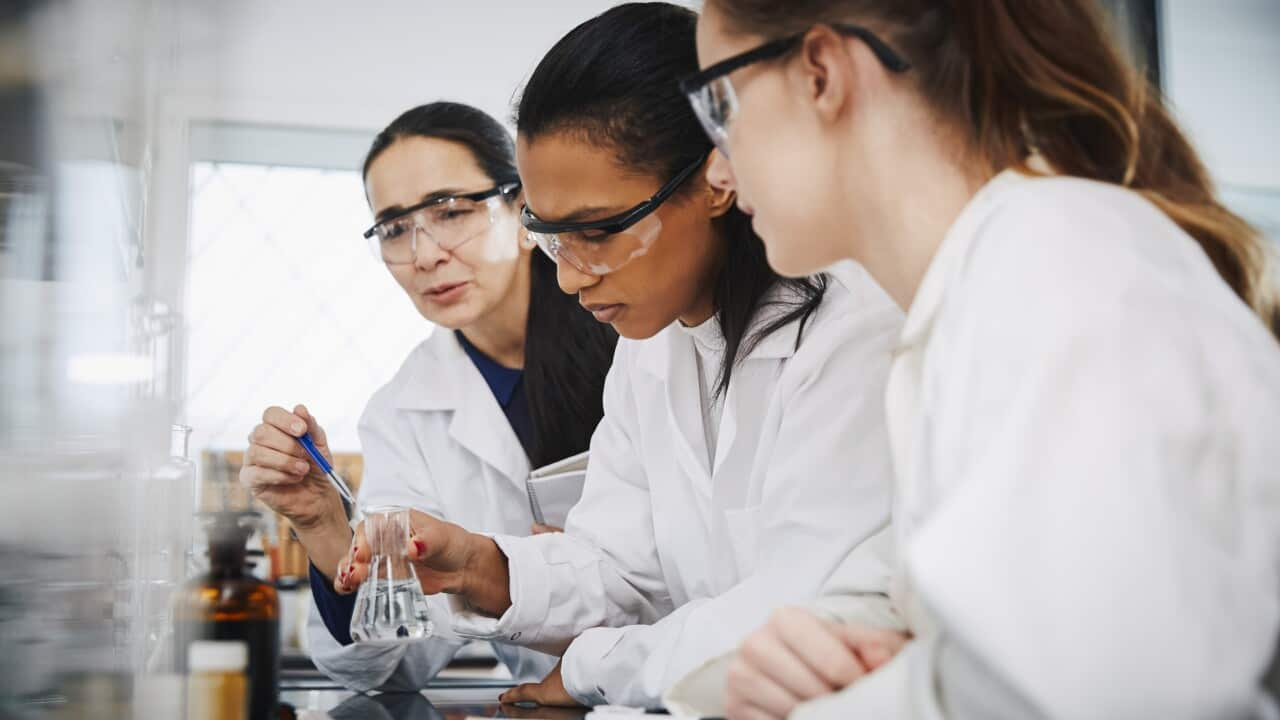TRANSCRIPT:
She's one of Australia's leading cardiologists.
Sydney-based Doctor Clara Chow is a pioneer in the prevention of cardiovascular disease - particularly in women.
Now her long list of accolades and achievements have been chronicled on one of the world's most-visited websites - Wikipedia
"Wow, it feels a bit odd actually. I never thought wiki was something I'd see myself in. I think seeing that on Wiki would also encourage other women to be scientists as well."
Less than 20 per cent of English Wikipedia biographies are of females.
It's this statistic that inspired a global movement aimed at boosting the number of Wikipedia pages profiling women.
Sally-Anne Williams is the CEO of Cicada Innovations, a Sydney-based incubator for startups on science and engineering innovations.
She also chaired the Government's Pathway to Diversity in STEM report.
"It's really important because women have been erased from history time and time again - particularly in science and engineering. We've failed to recognise so many scientists, physicists, mathematicians in our textbooks, that it actually makes it appear that these are sectors that are only interesting to men or only things that are capable of and it's just not true."
So far, environmental scientist Melanie Zeppel has created 100 profiles for Australian women, including the now Governor-General Sam Mostyn and melanoma researcher and former Australian of the year Georgina Long.
"The goal is that we'll elevate these people's careers. What I've noticed after I write Wikipedia pages, the women tend to win more prizes, and get grants and get promotions. So it's really exciting lifting up other women."
Doctor Astrid Rodriguez has been creating multilingual pages to raise the profile of diverse women in science, who's research, she says, is often overlooked or ignored.
The Colombian-born Brisbane-based geneticist says language is a key barrier.
"At the moment, the most prestigious scientific journals are written in English. If they don't have that knowledge, in English, then it's pretty hard for them to write these articles... So then they are rejected and then that science is never published or seen by the world."
In 2020, Dr Rodriguez founded Huitaca, a not-for-profit that seeks to help Latin American women publish their research through mentoring and English editing services.
Through Huitaca, Colombian-based Johanna Tejada was able to publish her research into the link between gene mutations and Alzheimer’s disease.
"The Huitaca project was a very wonderful opportunity for me , I had been waiting for this opportunity for a long time. This project took two years but we finally achieved it with great satisfaction."
She says the publication of her research led to her current job as a University lecturer.
And one of her students is now in the process of having her research published through Huitaca.
Visibility - key to inspiring the next generation.













